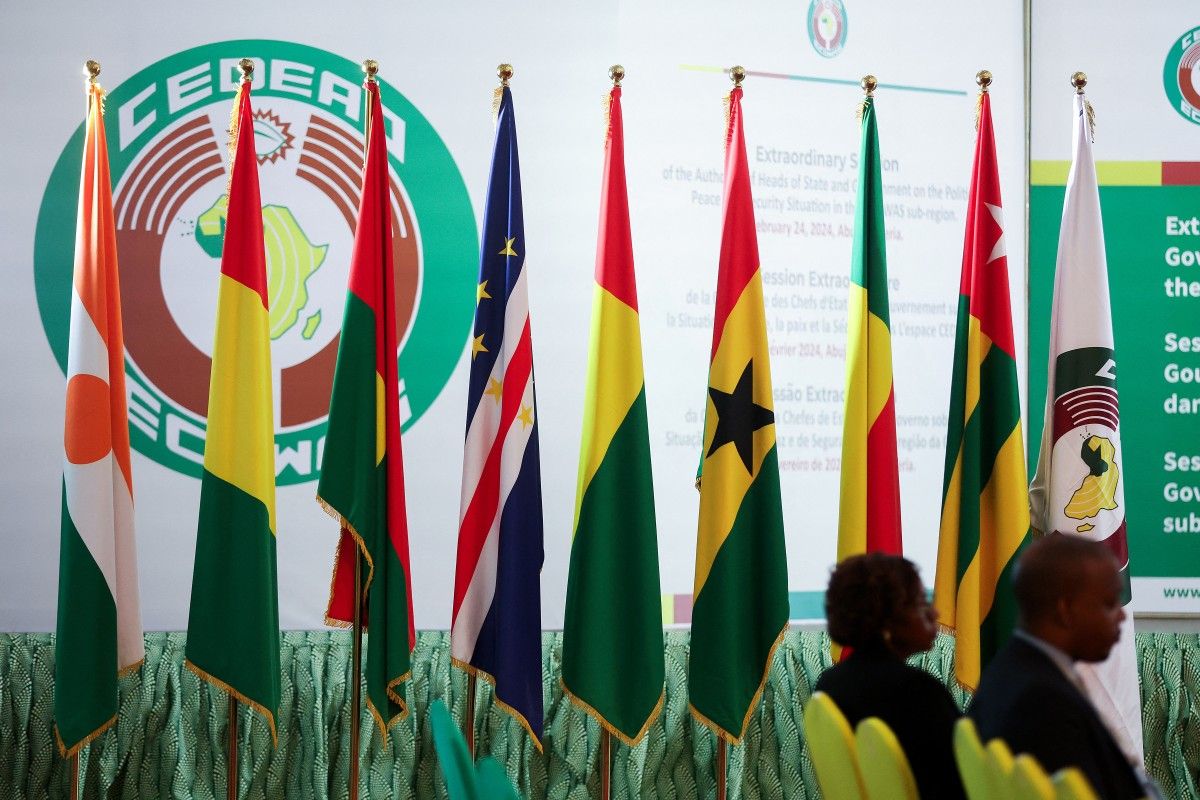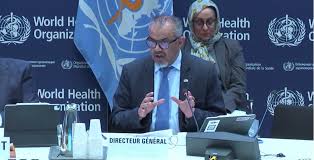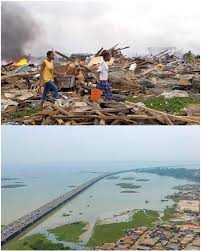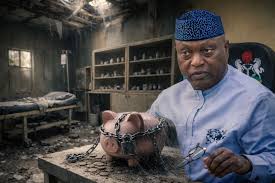
The Economic Community of West African States (ECOWAS), in collaboration with Islamic scholars and organizations, has issued a call for enhanced unity and cooperation while advocating for non-violent strategies to combat terrorism and violent extremism across West Africa and the Sahel region.
This appeal was made during the conclusion of the inaugural West African Islamic Conference on Security and Governance, held from November 4 to 6, 2025, in Abuja. The conference, themed “The Role of Islamic Organisations in Countering Terrorism in the Sahel,” gathered influential Islamic leaders, traditional rulers, political figures, scholars, and representatives from ECOWAS member states and international organizations.
In his keynote address, Omar Touray, President of the ECOWAS Commission, emphasized that the conference marks a significant milestone in regional cooperation aimed at countering the increasing threats of terrorism. He highlighted the urgent challenges facing the region, referencing the 2025 Global Terrorism Index, which identifies Africa as the new global epicenter of terrorism.
“The Sahel region, in particular, has seen a dramatic increase in terrorism. We must combine kinetic and non-kinetic strategies to tackle the menace and modernise our traditional Quranic schools to prevent youth radicalisation”, Touray said.
He added that ECOWAS’ Action Plan Against Terrorism aims to strengthen security cooperation while promoting education and social reforms that address the root causes of extremism.
“We need to improve and modernise the school system and convert them into formalised centres of learning and economic empowerment,” Touray stated.
Muhammad Sanusi II, Emir of Kano, who also serves as the President of Jamiyyatu Ansariddeen Attijaniyya in Nigeria, commended ECOWAS for its leadership and urged continued collaboration between governments and religious institutions.
“Your commitment to regional peace and security is a beacon of hope for our citizens. Let us strive to create a region where every individual can live in peace, security, and dignity”, he said.
He emphasised the role of faith-based organisations in promoting social cohesion, peacebuilding, and moral education across the subregion.
Mohamed Chambas, African Union High Representative for ‘Silencing the Guns,’ said the goal of the forum was to design an action plan that leverages the influence of Islamic organisations in countering terrorism through non-kinetic means.
Represented by Abdel-Fatah Musah, ECOWAS Commissioner for Political Affairs, Peace, and Security, Chambas said participants affirmed that authentic Islamic teachings promote peace, justice, and respect for human life, principles that reject all forms of violence.
He listed poverty, unemployment, political marginalisation, and weak governance as key enablers of extremist recruitment and urged stakeholders to implement the Regional Declaration on Improving Islamic Education and Countering Violent Extremism adopted at the conference.
“Over 40 million children are out of school, and terrorism-related deaths have increased by 10 percent in the past decade.
“We must empower Islamic organisations to promote peace, tolerance, and coexistence while strengthening cross-border cooperation”, Chambas warned.
Sayyid Yahaya, National Secretary of Jamiyyatu Ansariddeen Attijaniyya, described the event as “a clear success” that reaffirmed the group’s belief in unity and collective action for peace in West Africa.
Touray’s remarks reflect a growing consensus among leaders that collective action and the integration of religious perspectives are essential in addressing the complex issues surrounding security and governance in the region.
As the conference concluded, participants reaffirmed their commitment to working together to develop effective strategies in the fight against extremism, reinforcing the importance of dialogue and peace in promoting stability across West Africa and the Sahel.



